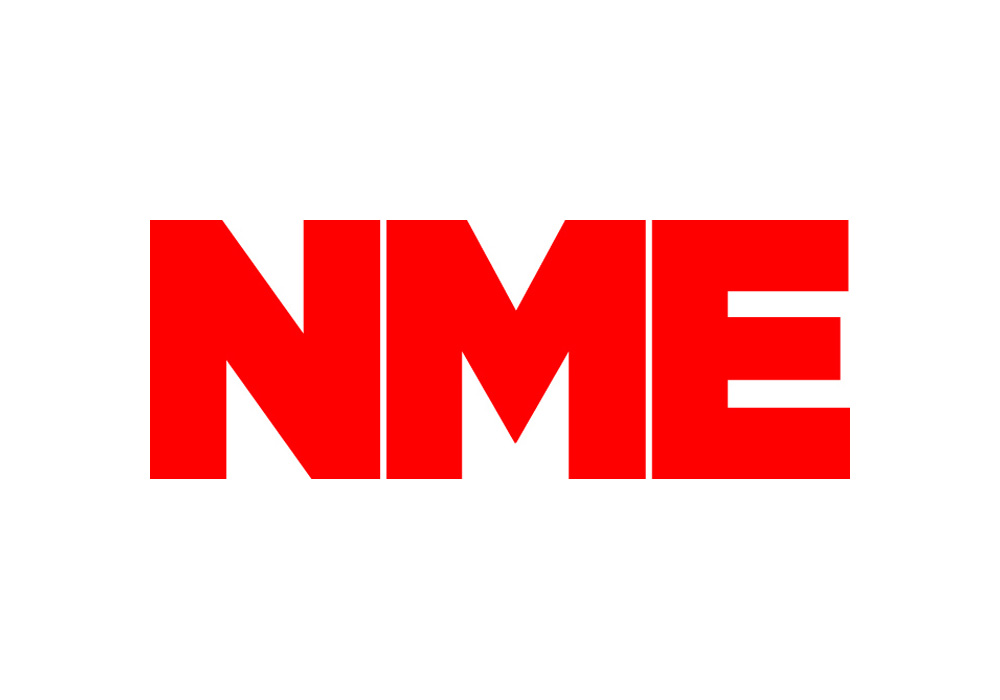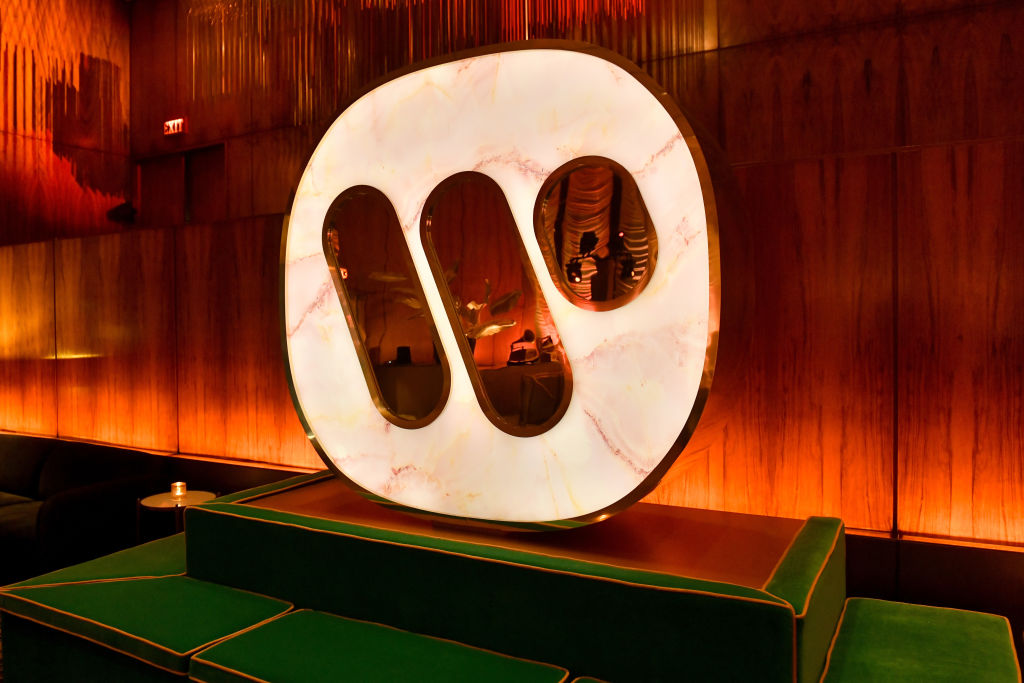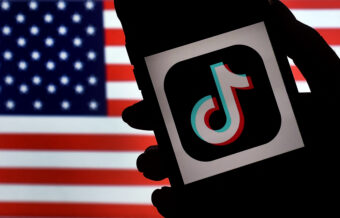Long-running U.K. music mag NME will cease print publication after this week’s issue, its publisher Time Inc. U.K. announced today. Its website NME.com will continue, substituting the traditional print cover story with a weekly digital feature called The Big Read. London post-punk band Shame become the final cover stars of the weekly edition, though future print issues may appear under the publication’s paid NME Gold spin-off.
Founded in 1952, the magazine originally known as the New Musical Express covered the development of British popular music from the era of the Beatles and Stones through punk, post-punk, Britpop, indie rock, and grime. It hit its stride in the late ’70s and early ’80s, becoming the best-selling magazine in Britain with politically charged coverage of the punk scene and influential tape compilations like C81 and C86. In 1998, NME switched to a glossy format, adopting the tabloid-oriented style of coverage that would help supercharge the careers of next-big-thing bands like the Libertines, Franz Ferdinand, and Arctic Monkeys.
“If you look at the sales of NME, there’s a long slow curve of downward sales from 1964,” former editor Conor McNicholas told Noisey last year. “But there are two blips where they increased—‘77 to ’78, when NME had finally jumped on the punk bandwagon, and ’02 to ’05. It happened for us in a way that it didn’t happen with indie in the ’80s or Britpop in the ’90s, and the difference was that we owned the scene.”
In 2015, with paid circulation slumping, NME relaunched as a free, ad-supported weekly. The switch to free boosted circulation numbers, but received generally poor reviews from readers and failed to revive the title amid a changed landscape for print media.
“Our move to free print has helped propel the brand to its biggest ever audience on NME.com,” Paul Cheal, music group managing director for publisher Time Inc. U.K., told the Guardian today. “We have also faced increasing production costs and a very tough print advertising market.”
The move to digital comes a week after Time Inc. U.K. was acquired by private equity fund Epiris, which announced its intention to bring “clarity and simplicity” to its new portfolio. Time Inc. U.K. is reportedly “consulting” with NME‘s 23 staff members about possible redundancies.





